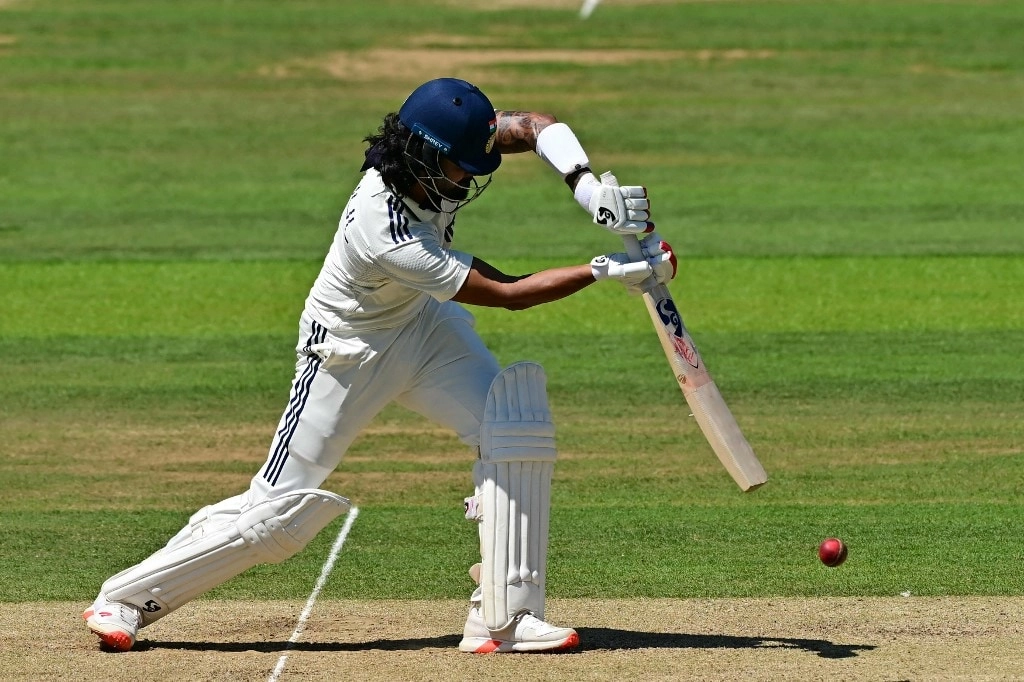In a significant ruling, the Supreme Court of India addressed a contempt plea against a Member of Parliament from the Bharatiya Janata Party (BJP). The apex court emphasized that it possesses the capacity to uphold the rule of law and ensure that justice is served, stating, “Our shoulders are broad enough.” This assertion underlines the court’s commitment to maintaining the integrity of the legal system, even when faced with challenges involving influential political figures. The case highlights the delicate balance between political power and judicial authority, illustrating the judiciary’s role in holding public officials accountable.
The contempt plea arose from actions taken by the BJP MP that were perceived as undermining the dignity of the court. The Supreme Court’s response serves as a reminder that no individual, regardless of their political stature, is above the law. The phrase “Our shoulders are broad enough” reflects the court’s readiness to take on difficult cases and its unwavering stance on upholding constitutional values. It reinforces the idea that the judiciary is a pillar of democracy, tasked with protecting citizens’ rights and ensuring that elected representatives adhere to the legal framework established by the Constitution.
This case also sheds light on the broader implications of political accountability in India. As political leaders wield significant power, the judiciary’s role in acting as a check on that power becomes increasingly critical. The Supreme Court’s firm stance against contempt serves as a warning to all public officials that their actions are subject to scrutiny, and any attempt to diminish the authority of the court will not be tolerated. This ruling may encourage a culture of respect for the judiciary among lawmakers and help foster a more accountable political environment.
Ultimately, the Supreme Court’s decision reinforces the foundational principle that the law applies equally to all, regardless of their position. It serves as a pivotal moment in the ongoing dialogue about the relationship between politics and the judiciary in India, illustrating the importance of an independent legal system in safeguarding democracy. As the nation continues to navigate complex political landscapes, the court’s affirmation of its role as a guardian of justice remains crucial in ensuring that democracy thrives in the face of potential overreach by those in power.




